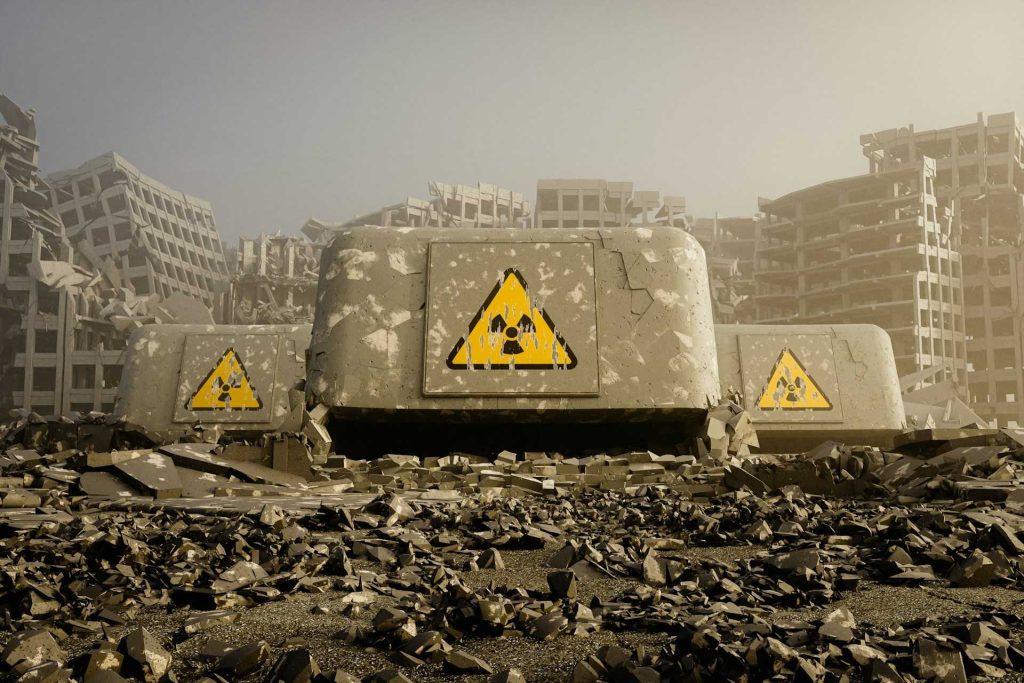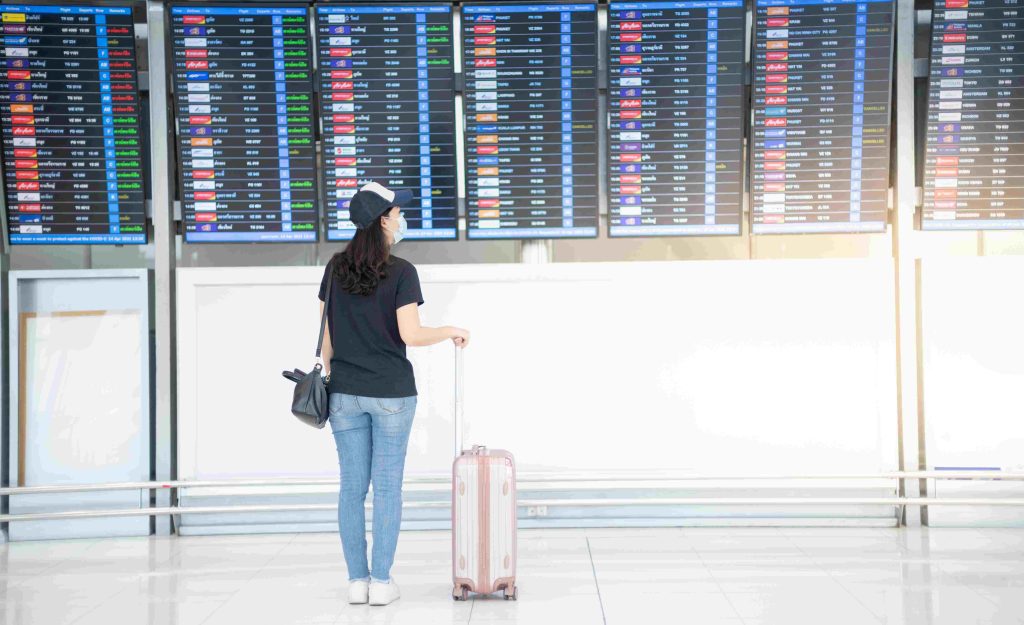What is the price of 1 ton of carbon? This simple question is pivotal when establishing a carbon exchange that will be opened soon in Indonesia, and yet, the government has not defined it up to now. It is a little complicated to define the price, indeed. If it is not determined properly it will jeopardize the continuation of carbon exchange.
There are two types of carbon prices: direct and indirect. What will have a direct influence on carbon trading is direct pricing, which is divided into two, namely the emissions trading system (ETS) and tax. These two prices, according to the Ministry of Finance in a webinar on implementing the economic value of carbon in the electricity subsector, were applied in trials at PLTUs in 2021. The same carbon pricing scheme may be imposed in all sectors of Indonesia in the near future.
The Carbon Price in Indonesia
The carbon price for trading in Indonesia is rumoured to be around 2-18 dollars per ton. This price is too low compared to other countries that have implemented carbon pricing. The world’s carbon unit price ranges between USD 1-96 and is expected to reach more than USD 100 in 2030 to achieve the target of saving the environment. Hence, the discrepancy is very large.
If the price is too low, we will face negative effects. First, the greenwashing will occur. Greenwashing means the practice of making misleading claims about the environmental benefits of a company’s products or the company itself, which will make the company appears to be more environmentally friendly. Companies that produce a lot of CO2s will prefer to buy carbon credits without trying to reduce the emissions they create to make an illusion that they also do something to save the earth. Even though it still has a positive impact on economics, at this rate, the government’s target of achieving a 29-41% reduction in greenhouse gases by 2030 will not be achieved.
Another impact is that it will cause Indonesian carbon units to be bought up by overseas business players whose carbon prices are higher. This will have a positive impact on sectors that produce carbon emissions below the threshold or have carbon credits, as they will gain a sum of money. However, for business actors who exceed the threshold, it is an inevitable disaster. If domestic carbon credit runs out, then they have to buy carbon units from other countries or pay taxes, which speculated to be more expensive.
Contrary, if the price is too high, it might make business actors try to reduce carbon by adopting green energy concept. However, of course, in another hand, it has a negative side. High price can result in price increases in almost all sectors whose business actors have excessive carbon emissions. If this happens, it might possibly trigger inflation.
Prices that are too expensive will also result in business actors choosing to buy carbon on the global market where the price is cheaper. For example, Poland, Ukraine, or Mexico, whose prices are around USD 1-2 per ton. As a result, the money flows out of the country, instead of circulating inside and give positive impact to local business companies.
Apart from the carbon price in the market, the carbon tax is also crucial for succeeding the establishment of carbon exchange. The government needs to be careful in determining the rate of the carbon tax. Rumours are circulating that the carbon tax will be placed at IDR 30,000. If this is the case, then it will be lower than the price of carbon at the exchange. Business actors would prefer to pay taxes rather than participate in the carbon exchange. As a result, the carbon exchange is devoid of interest. Ideally, the carbon tax is higher than the carbon price so that it will encourage the implementation and sustainability of the carbon exchange.
So, what is the right price for carbon sold at the exchange? What is the suitable carbon tax rate? Could the price be accepted by business players? Could it be imposed without evoking any havoc? To address all those questions, it seems that the government needs to conduct market research to determine the price of both taxes and ETS. An appropriate price will make businesses and even countries benefit from carbon commercialization.




Free consultation with us

Intan is a Business Analyst at Central Insight. Prior to joining Central Insight, she was a lecturer at Universitas Mercu Buana Jakarta that taught research method. She also has experiences as the lecturer assistant and research assistant at the university. She has several research experiences in social-psychology about scale adaptation and experiment guideline, and three of them were published at credible Indonesian journals. In Central Insight, she has been involved various projects in several sectors, namely digital technology, communication, agriculture, FMCG, and F&B. Intan holds Psychological Science Master’s Degree focused in Social Psychology from Universitas Indonesia, Indonesia; and Psychology Bachelor’s Degree from Universitas Surabaya, Indonesia with a Summa Cum Laude GPA.

















